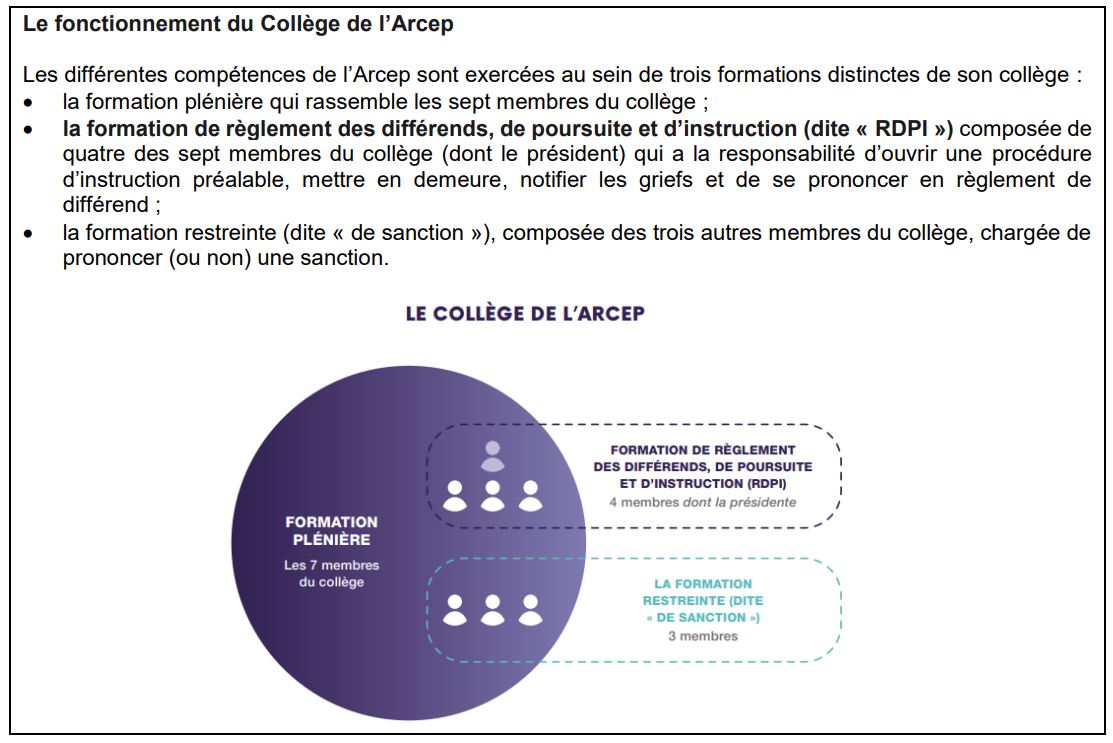TheArcep body responsible for settling disputes, legal proceedings and investigations (aka “RDPI”) has ruled on a dispute between Réunicable, the operator of a fibre-to-the-home (FttH) network infrastructure in Réunion, and Canal+ Télécom, a commercial operator and co-financer of the Réunicable FttH network, regarding the pricing terms and conditions for accessing the Réunicable FttH network.
In this procedure, Canal+ Télécom claimed that Réunicable received a tax credit for the new productive investments made in the French overseas territories (hereafter “overseas tax credit”) for the deployment of its FttH lines, without the amount of this tax credit being taken into account when calculating co-financing rates.
Arcep’s RDPI body granted Canal+ Télécom’s first request to obtain the accounting items confirming the receipt of the overseas tax credit based on the productive investments in the deployment of the Réunicable shared FttH network, and its total amount.
Arcep issued a reminder, first, that the price charged to access Réunicable’s FttH network must be based on objective cost items on which it is legitimate that Canal+ Télécom – given its particular status of co-financer of this network – must have a reasonable degree of visibility.
The Authority then noted that, given its features and its stated objective, the overseas tax credit basedon the productive investments in the deployment of the shared FttH network is based on information on which the co-financer must have adequate visibility.
The Authority thus concluded that it was legitimate and reasonable that Réunicable inform Canal+ Télécom of the total amount of the overseas tax credit, basedon the productive investments in the deployment of the shared FttH network, that it received.
The Authority did not, however, grant Canal+ Télécom’s second request, namely, to reduce Réunicable’s co-financing rates by 35%.
The Authority concluded that Canal+ Télécom did not provide evidence that would cast doubt on the reasonable nature of the prices charged by Réunicable. The Authority also noted that Réunicable prices did not appear to be misaligned with those charged by other FttH infrastructure operators in Réunion and in Metropolitan France. The Authority thus concluded that the request from Canal+ Télécom, seeking to decrease Réunicable’s co-financing rates, did not appear to be justified and, as such, was rejected.
This Decision is being published with due regard to confidential matters protected by law.
Regarding the overseas tax credit
To bolster investment and economic development in France’s overseas departments and territories, the French State has implemented favourable tax schemes designed to factor in the structural differences in these territories, compared to mainland France. To this end, Article 244 c W of the General Tax Code provides for a tax credit for those enterprises that are subject to a tax on businesses making new productive investments in an overseas department, giving them a tax credit of 35% of that investment.

